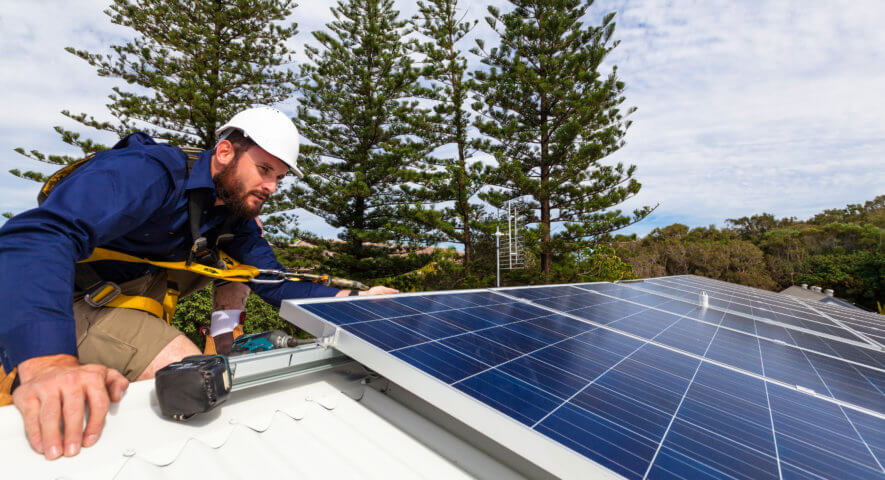A new study from our electricity collaborators at Halifax-based Ecology Action Centre (EAC) concludes that a combination of building an Atlantic Loop and developing much more non-polluting, renewable energy in New Brunswick and Nova Scotia is the best way to ensure affordable, reliable and sustainable electricity when the provinces’ coal plants go offline.
The study, Assessing Net-zero Electricity Supply and Demand Models in the Atlantic Loop, came out in late May and was conducted on behalf of EAC by firms EnviroEconomics and Navius Research, recognized as some of Canada’s top experts in modeling the response of economic and energy systems to climate policies.
The topline message from the authors is that the Atlantic Loop—the proposed energy corridor to connect the four Atlantic provinces to hydroelectricity from Quebec and Newfoundland and Labrador—won’t be enough to meet energy demand and keep the provinces off fossil fuels.
Both New Brunswick and Nova Scotia have committed to phasing out coal power by 2030, as per the federal mandate.
“We conclude a portfolio approach that includes developing more domestic renewable generation while exploring Atlantic Loop opportunities is a prudent approach to meeting future electricity needs under a net-zero and fossil-free future,” the study said.
The Conservation Council and EAC are collaborating on the Atlantic Electricity Vision project, a series of reports, webinars and research to show that afforable, reliable and sustainable electricity is possible in our region, today.
Recently, the Conservation Council released a report on what Canadians say they need and want in order to support renewable energy and transmission projects in their community. Watch this recording of our May 24 webinar with study lead Dr. Louise Comeau to learn more about that work.
Learn more about our Atlantic Electricity Vision.
Learn more about climate change impacts in New Brunswick, why climate change is happening, and what we can all do about it.

